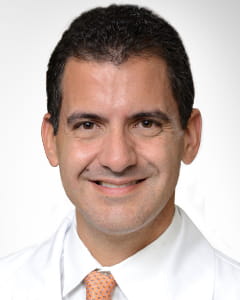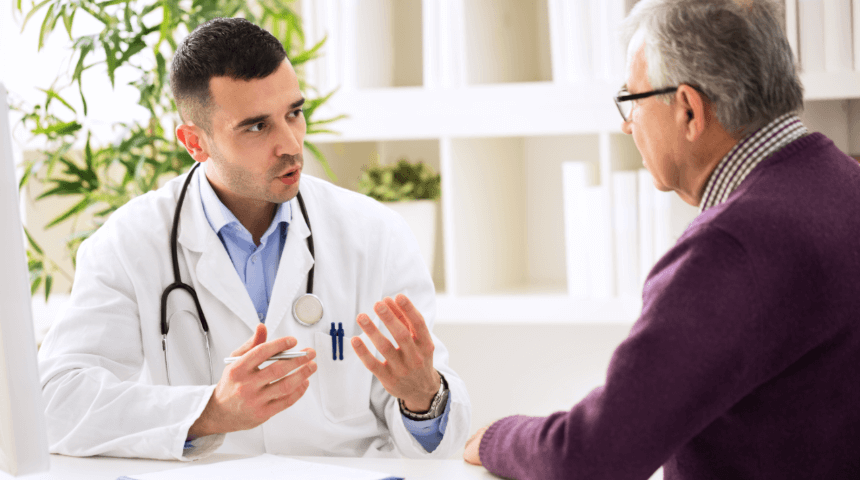The COVID-19 pandemic is a rapidly evolving situation that will pose changes and challenges for many months. Cancer patients and survivors fall into a higher-risk category, because those who are undergoing cancer treatment tend to be more advanced in age and many have other illnesses placing them at higher risk of a worse outcome if infected by COVID-19. Also, patients undergoing cancer treatment such as chemotherapy or immunotherapy may have a suppressed immune system.
Prepare for Possible Delay of Some Treatments
For the weeks ahead, the Centers for Disease Control and Prevention (CDC) has recommended that doctors and healthcare facilities prioritize urgent and emergency medical procedures. In many cases, cancer-related therapy (whether surgery, chemotherapy or radiation therapy) cannot be considered elective and falls under necessary therapy. It will proceed as scheduled. However, some screenings, elective surgeries and adjuvant chemotherapy or radiation therapy for some cancer patients may be delayed. The American Cancer Society urges cancer patients and survivors to maintain communication with their care teams. These teams will strive to do the best they can, and use telemedicine, virtual office visits and rescheduling follow-up appointments.
How treatments proceed will depend on the needs of the individual patient. The National Cancer Institute and national oncologic societies have developed guidelines to help oncologists best balance the risk of cancer progression, the risk of deferring treatment and the risk of COVID-19 infection due to possible exposure during a hospital or office visit. Find out who to contact on your care team and stay in touch.
Follow Guidelines for Cancer Patients and Caregivers
Cancer patients and their caregivers should follow general CDC guidelines on proper handwashing, hygiene and minimizing exposure to sick contacts and large crowds, according to the American Society of Clinical Oncology. Other guidelines include:
-
Stay home as much as possible and avoid all nonessential travel.
-
Make sure you have access to several weeks of medication and supplies in case you need to stay home for prolonged periods of time.
-
When you do go out in public, avoid crowds.
-
Everyone needs to wear a mask in public, for example, to the grocery store or to pick up other necessities. At this time N95 masks are not required for cancer patients.
-
Continue to keep about 6 feet between you and others. The cloth face cover is not a substitute for social distancing.
Patients should be informed regarding COVID-19 symptoms. If cancer patients develop fever or other symptoms of infection, a comprehensive evaluation should be performed, as per usual oncologic practice.
Cancer Centers are Taking Precautions
Keeping cancer patients safe during COVID-19 and providing timely care in order to avoid cancer progression and achieve good treatment outcomes remains a delicate balance. To protect patients during treatment, cancer centers like ours are taking precautions such as:
-
Screening every patient for symptoms.
-
Self-monitoring staff for symptoms and encouraging staff members to wear masks.
-
Limiting flow of people and visitors to the center.
-
Deep cleaning all contact surfaces.
-
Using UV light to disinfect patient rooms.
-
Isolating patients suspected of COVID-19 from others during treatments.
Choose to Stay in Touch
Sign up to receive the latest health news and trends, wellness & prevention tips, and much more from Orlando Health.
Sign Up






